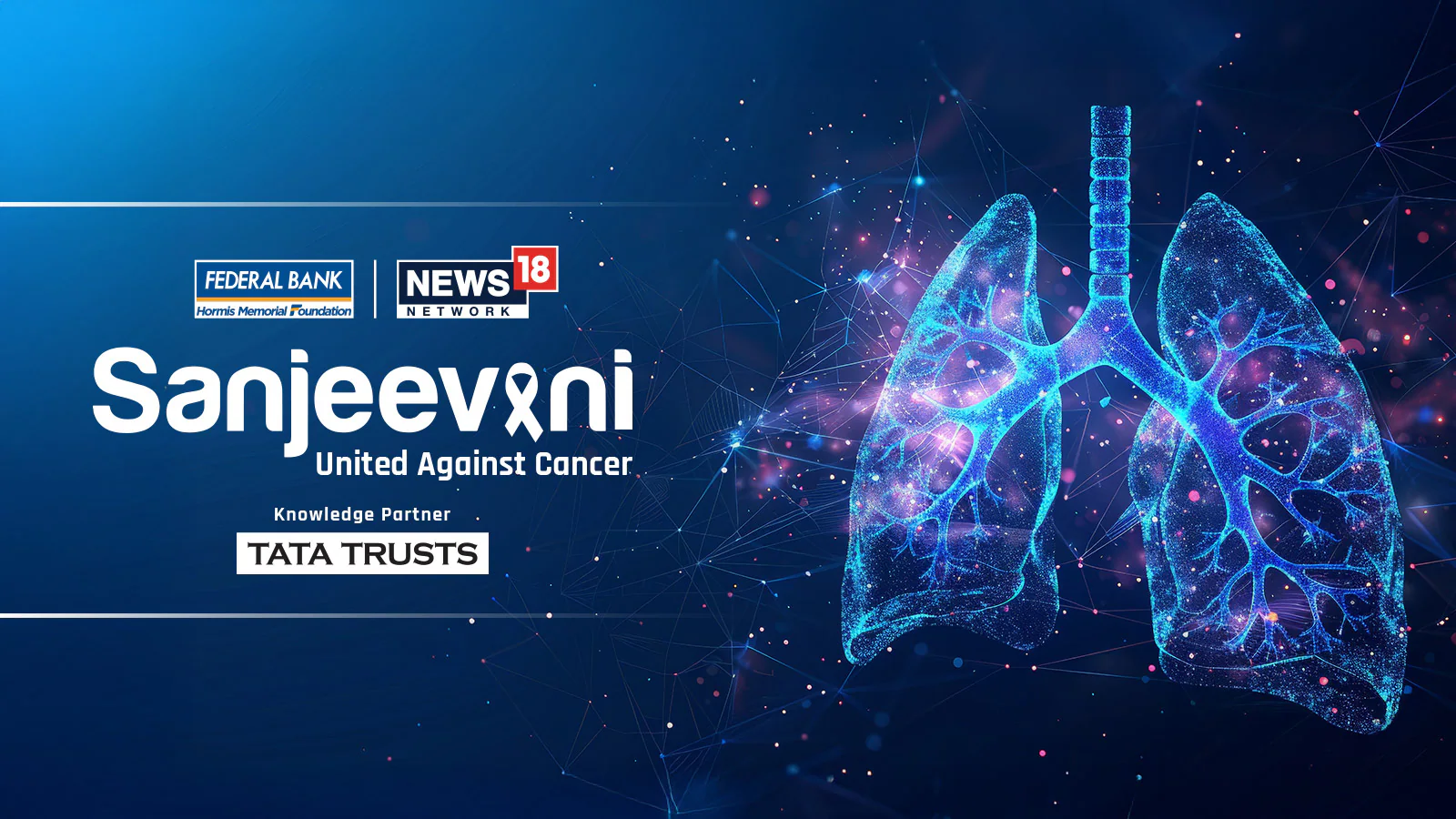Copyright news18

Lung cancer remains one of the most significant challenges within oncology. Despite progress in screening methods, diagnostic techniques, and targeted therapies, it continues to be the leading cause of cancer-related mortality globally. Notably, a considerable proportion of these deaths may be preventable, and early detection has the potential to significantly improve patient outcomes. The Silent Epidemic In India, lung cancer makes up nearly 6.9% of all new cancer cases and 9.3% of cancer deaths. Once seen as a disease mainly affecting smokers and the elderly, we now observe more non-smokers and younger patients being diagnosed. Factors like air pollution, passive smoking, workplace exposure, and genetic predisposition are becoming recognized as key causes. Unfortunately, most patients in our country are present with advanced diseases, when surgery is no longer an option and curative treatment becomes difficult. The reason is simple: the early stages of lung cancer are silent. A mild cough or breathlessness is often dismissed as a minor infection, and the coexistence of chronic respiratory disease, like Tuberculosis, COPD, etc, allows the disease to grow unchecked. For decades, lung cancer carried a stigma, as this was predominantly smoking- related. This narrative must change. While tobacco remains the single most common risk factor, one in every five lung cancer patients today has never smoked, and this incidence is even higher among women and younger patients in India. Air pollution is the second most common cause and has become a major public health issue in our country, particularly in the metropolitan cities. There is a decline in indoor air pollution globally; however, people living in lower-middle-income countries are still at risk due to the use of biomass fuel and coal. The focus must shift towards awareness, prevention, and early detection. Screening Saves Lives in High-risk population Low-dose CT (LDCT) screening in high-risk individuals, particularly those above 50 with a history of smoking (one pack a day for 20 years or more), has been proven to reduce lung cancer mortality by up to 20%. In India, however, organized screening programs are still in their infancy. Some of the major challenges for screening for lung cancer in India are the rising incidence among non-smokers (as high as 44% in some parts of the country), coexisting diseases like tuberculosis leading to high false positive rates, and the lack of resources and organized infrastructure. The Era of Precision Medicine The last decade has brought hope through advanced surgical techniques, targeted therapy and immunotherapy. With molecular testing, oncologists can now identify specific mutations and tailor treatment, accordingly, dramatically improving survival rates and quality of life. This precision approach has changed lung cancer from being a disease that was almost always deadly to one that many people can now live with and manage for years. The Road Ahead Prevention – through anti-tobacco campaigns, clean air initiatives, and the implementation of occupational safety regulations. Early detection – by implementing screening programs for high-risk groups and educating primary care providers. Ensure affordable access to treatment, use available resources wisely, and focus research on the needs of low- and middle-income countries. A Call to Action Lung cancer should no longer be a death sentence. Every cough that lasts beyond three weeks requires a doctor’s consultation. Every cigarette avoided is a life potentially saved. At institutions like SVICCAR, an initiative of Tata Cancer Care Foundation, we see daily how timely intervention transforms outcomes. The fight against lung cancer is not just medical—it is a moral imperative. We owe it to our patients, our families, and our society to act early and act together. This article is authored by Dr. Prasanth Penumadu, Medical Director & Head of the Department (Surgical Oncology), Sri Venkateswara Institute of Cancer Care and Advanced Research, Tirupati. A Unit of Tata Cancer Care Foundation This is a Partnered Post.



